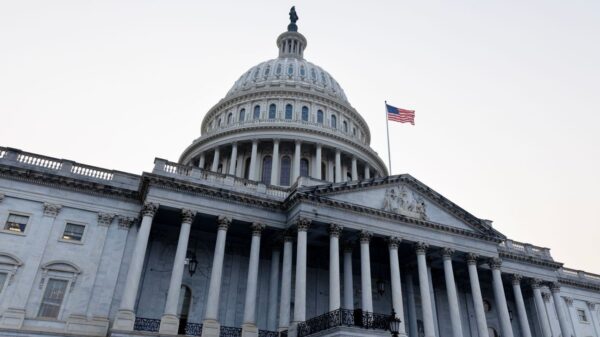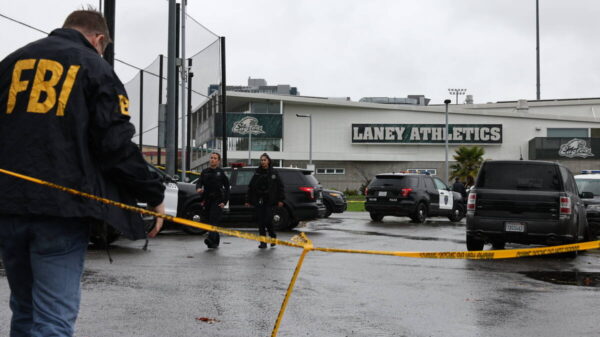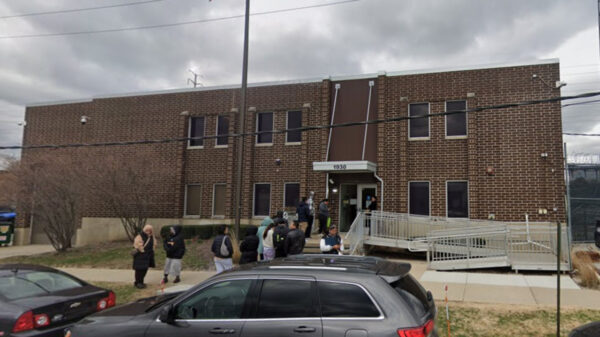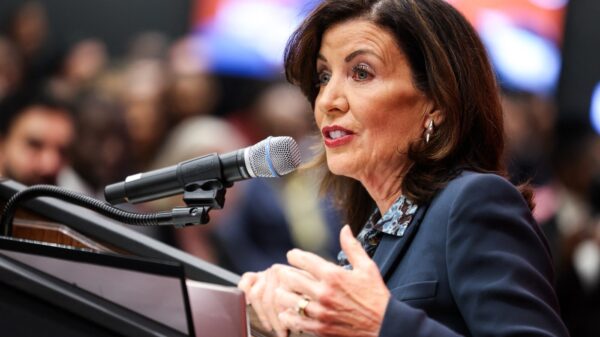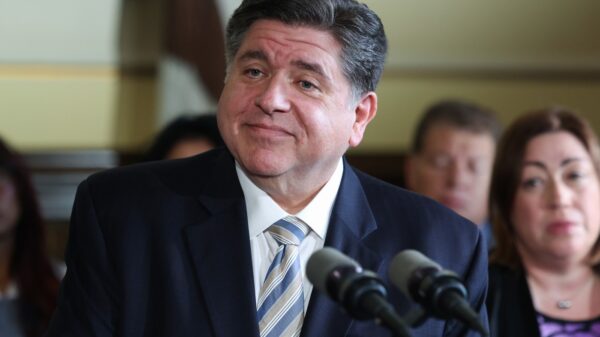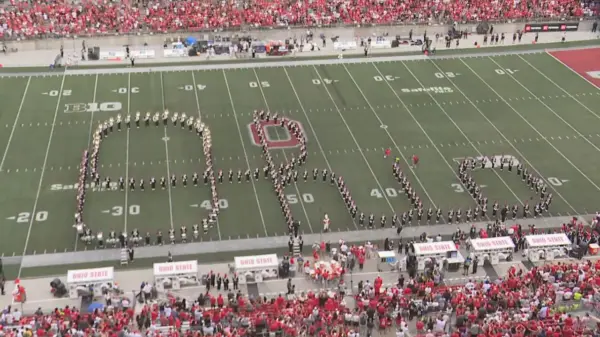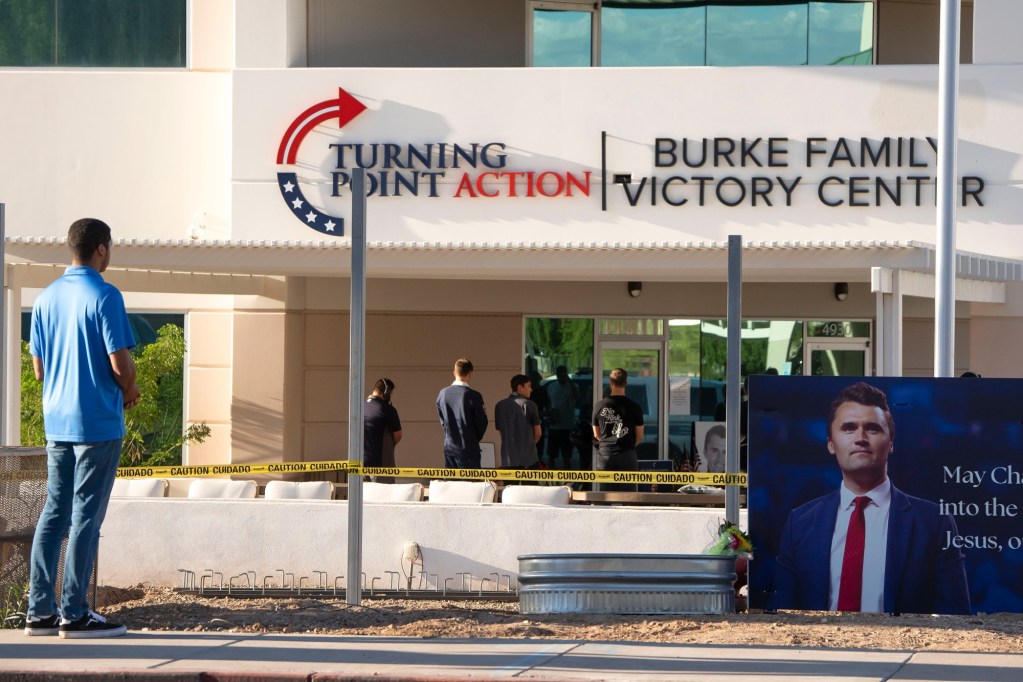Recent events have reignited the urgent conversation about political violence in the United States, highlighting a troubling trend within the nation’s political landscape. The killing of conservative media figure Charlie Kirk has prompted widespread condemnation, with leaders and commentators asserting that violence has no place in a healthy democracy. Yet, this tragic incident underscores a deeper issue: the normalization of targeted political violence that has increasingly infiltrated American society.
The descent into violence did not begin with Kirk’s death on March 15, 2024, and it is unlikely to conclude with it. The U.S. is experiencing a significant struggle between divergent visions for its future, with both sides firmly believing they are engaged in a fight worth waging. This conflict often manifests itself not through mainstream ideologies but rather through the actions of extreme fringes on both sides, whose motivations may be cloaked in confusion and rage rather than clear political ideology.
Over recent years, the nation has witnessed alarming incidents of violence aimed at political figures from both parties. For instance, the horrifying attack in Minnesota on Melissa Hortman, the former House Speaker, and her husband, Mark Hortman, exemplifies the grave risks involved. This attack resulted in multiple fatalities, including a targeted hit list of 45 individuals. Similarly, the firebombing of Pennsylvania Governor Josh Shapiro’s residence and the foiled kidnapping plot against Gretchen Whitmer in 2020 have further highlighted the perils faced by elected officials.
Despite violence targeting individuals across the political spectrum, the current Republican administration, holding unprecedented power, appears to foster a culture that prioritizes retribution over reconciliation. Following Kirk’s death, Jesse Watters, a commentator on Fox News, declared, “They are at war with us,” questioning how much political violence Americans are willing to tolerate. This sentiment reflects a growing acceptance of violence as a means to an end, which poses significant risks for the democratic framework.
In light of these events, experts are urging caution among policymakers. Researchers from the Brookings Institution emphasized the importance of distinguishing between violent actions and nonviolent movements. They warned against using political violence as a pretext for suppressing freedoms of assembly and expression, arguing that such responses can undermine democratic processes globally.
The killing of Charlie Kirk marks a significant moment in the ongoing dialogue about the state of political violence in the United States. While mourning his death is essential, it is equally critical to reflect on the implications of this loss. The concern lies not only in the act itself but in how society responds to it. If the legacy of such violence leads to crackdowns on civil liberties, the nation risks damaging the very democratic principles it seeks to protect.
As a society, it is imperative to confront the increasing frequency of political violence and ask difficult questions about its implications. The path forward should center on reaffirming a commitment to democracy and addressing the underlying issues that contribute to violence. The chaotic and flawed nature of democracy should not deter us; instead, it should inspire a collective effort to foster understanding, dialogue, and ultimately, peace.




